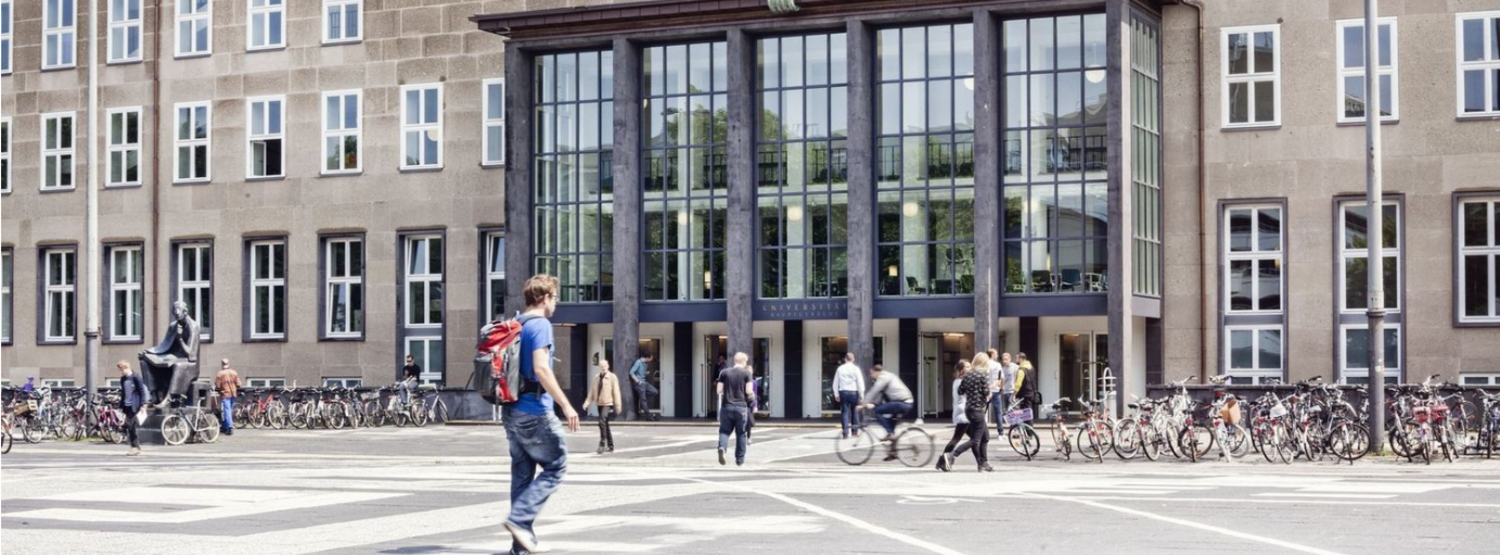
Welcome to the Institute of Eastern European and Comparative Law!
Institute of Eastern European and Comparative Law (formerly the Institute for Eastern European Law) was combined with the Academy for European Human Rights Protection in 2021. The Institute is specialised in research and teaching on topics related to law in Central and Eastern European countries. The director of the Institute is Professor Dr. Angelika Nußberger. This website overviews all projects, courses and cooperations concerning the Institute. Current research projects on Central and Eastern European law can be found on the research page.